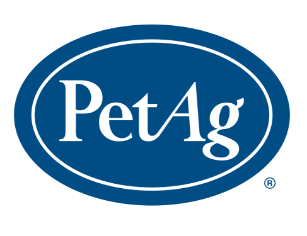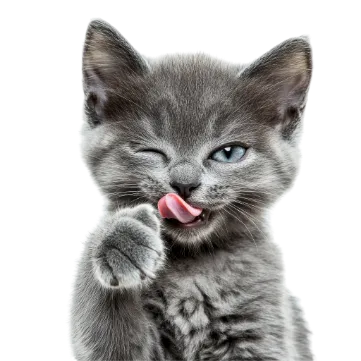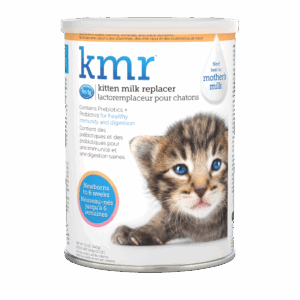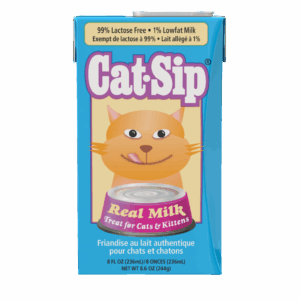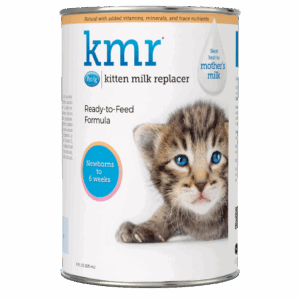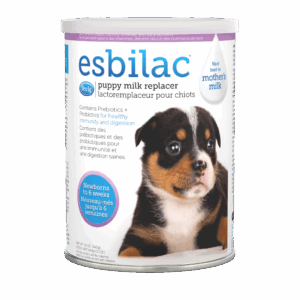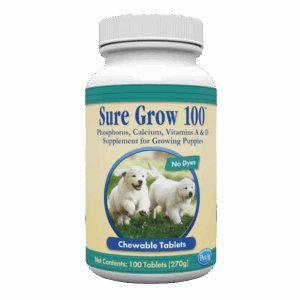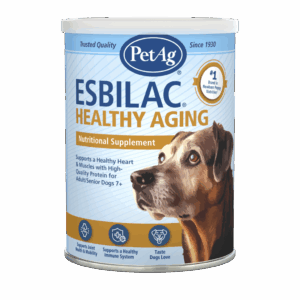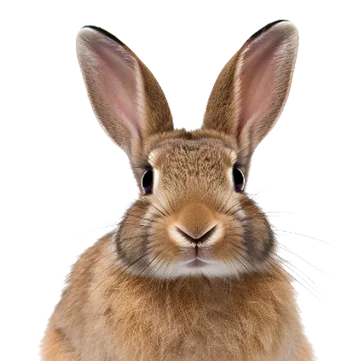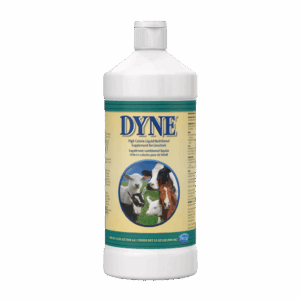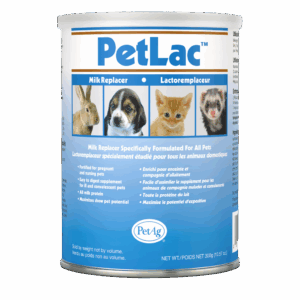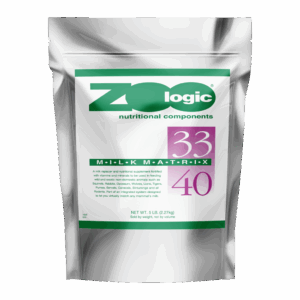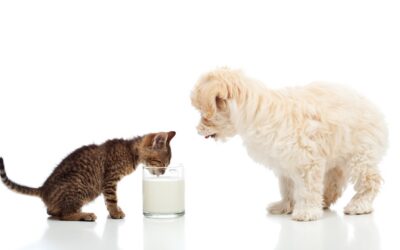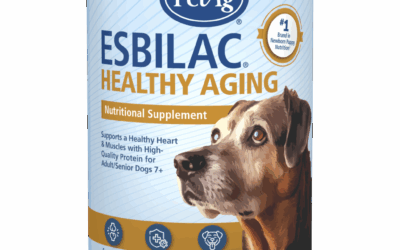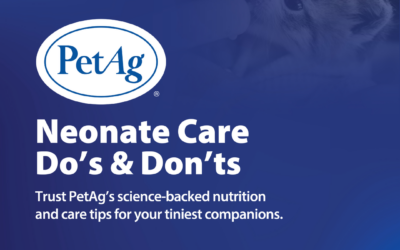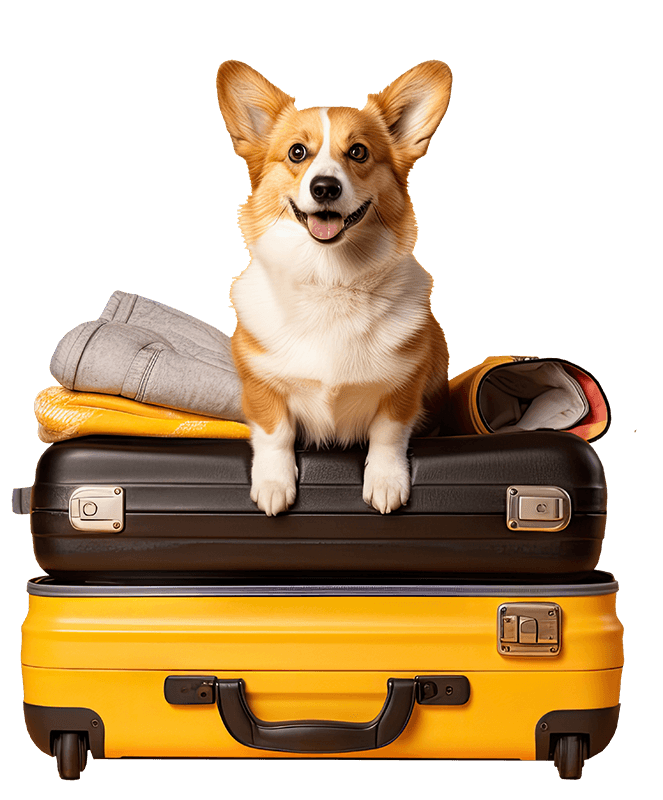The first few weeks of a puppy or kitten’s life are some of the most important. The nutrition and care they receive during this time will have a profound impact on their health and stability as adults. In order to give the next generation of puppies and kittens a healthy start, it’s important for you to educate yourself on your litter’s unique needs and potential health risks. Here are some top concerns for most puppies and kittens.
Immunity
Puppies and kittens are born with immature immune systems, which makes the colostrum they receive from their mothers’ milk immensely important. The mother produces colostrum in the first 24 hours or so after giving birth, providing the litter with antibodies to protect against infectious diseases. Colostrum also provides puppies and kittens with a concentrated source of essential nutrients and energy, and acts as a laxative to help them get rid of early waste.
After about 12 – 18 hours post-birth, puppies and kittens are no longer able to absorb colostrum, so it’s important that they be able to feed from their mother or a foster mother who has given birth in approximately the same time period. Although not ideal, use of a substitute colostrum made from cow’s colostrum can also offer assistance to litters who were unable to feed from their mother. In the very beginning until they receive vaccinations, it’s important to keep all puppies and kittens in a clean, contained environment with limited handling to prevent exposure to harmful bacteria and diseases.
Overfeeding/Underfeeding
In order to support healthy growth, puppies and kittens need to receive the appropriate amount of food. Overfeeding and underfeeding both lead to health issues such as diarrhea and dehydration.
Overfed puppies and kittens are more susceptible to skeletal development issues like hip dysplasia and joint damage (this is especially true of large-breed puppies). It can also lead to aspiration (inhalation of milk) and pneumonia.
Alternatively, underfeeding during this crucial life stage leads to growth and development issues in addition to an increased vulnerability to bacterial and viral infections. If you notice one of the neonates sitting off to the side during feeding times, not gaining weight at the same rate as its littermates, or looking less developed than its littermates, it is likely an indication the animal needs additional care and to be supplemented with a milk replacer such as PetAg® Esbilac® or KMR®.
For the mother: Pregnant cats and dogs also need their diets managed to increase the likelihood of successful reproduction. Underfed mothers are at risk for having a small litter size with low birth weight and a decreased milk yield, among other issues. Overfed mothers are also at risk for having smaller litters.
Dogs and cats need approximately 25-50% increase in their diet in the late stages of pregnancy and may need even more when nursing, depending on the size of litter. Work with your vet to determine the appropriate amount of food a mother needs to support her during pregnancy and after having her puppies or kittens.
Balanced Nutrition
Puppies and kittens need extra building blocks to grow successfully into a healthy generation of cats and dogs. Typically, they receive this nutrition in a perfect balance from their mothers, but sometimes that nutrition is not available for one reason or another.
When this happens, it’s important to choose a milk replacer that closely resembles the mother’s milk. Simply using the milk of another animal species as a replacement will not be enough for the neonates because the proportions of the nutrients won’t be the same. For instance, you cannot feed cows’ milk to a puppy or kitten because it doesn’t have enough protein or amino acids and it isn’t easily digested due to the lactose content.
PetAg understands the importance of raising healthy puppies and kittens. We’ve meticulously crafted milk replacement products that provide puppies and kittens with next-generation nutrition designed to closely imitate the nutrients found in mothers’ milk. KMR® Kitten Milk Replacer and Esbilac® Puppy Milk Replacer are the preferred milk replacers for puppies and kittens newborn to six weeks.
For the mother: Pregnant and lactating mothers have their own set of increased nutritional needs that support healthy delivery and adequate milk production. During both of these phases, the mother needs to eat more food than she would typically eat prior to pregnancy.
Supplementing ProZyme® All-Natural Enzyme Supplement for Pets to help her break down the nutrients found in food supports optimal absorption. Also, using a probiotic such as Bene-Bac® Plus Probiotics is recommended during times of increased food intake. It contains seven fat-encapsulated, common microorganisms found in intestinal tract of pets to aid with digestion. Finally, the mother may benefit from extra calories in a low volume, liquid formula such as Dyne® High Calorie Liquid Nutritional Supplement for Dogs & Puppies.
These products will help support a mother’s ability to properly digest and absorb nutrients and give her the energy requirements she may need to support milk production and healthy birthweight, the most important measure of the litter’s chance of survival.
For mothers and neonates, early care and nutrition guidelines aren’t necessarily all-encompassing. Always check with your local vet to determine the unique needs of your particular species and breed.
At PetAg we understand the deep bond between pets and their parents. That’s why we are dedicated to providing the highest quality products to ensure the health and happiness of your pets. Our commitment to excellence extends across every aspect of our manufacturing process from sourcing the finest ingredients to delivering reliable and effective solutions for your pets’ needs.
